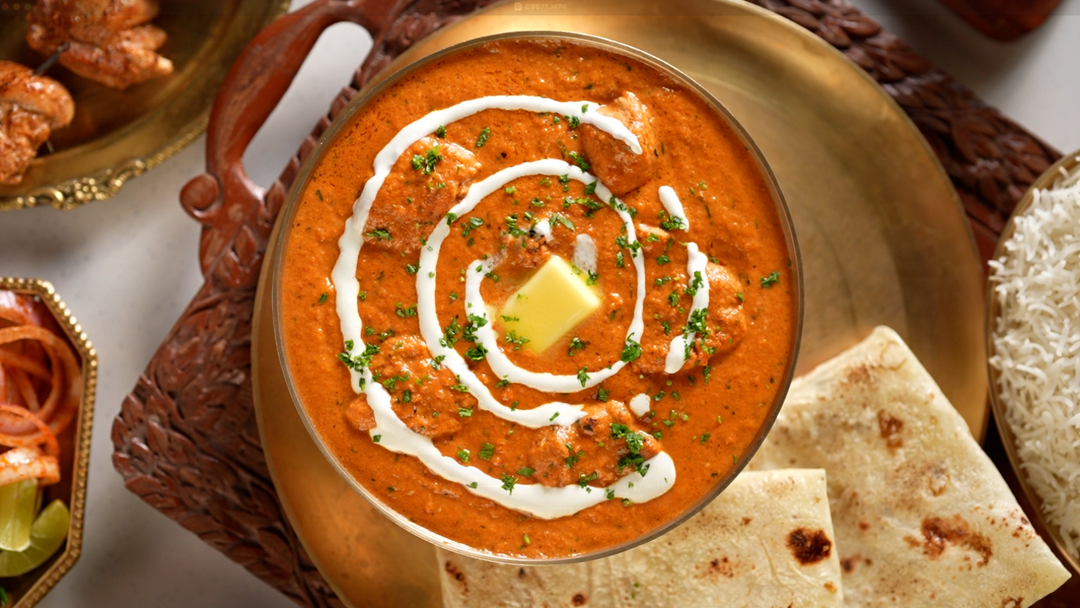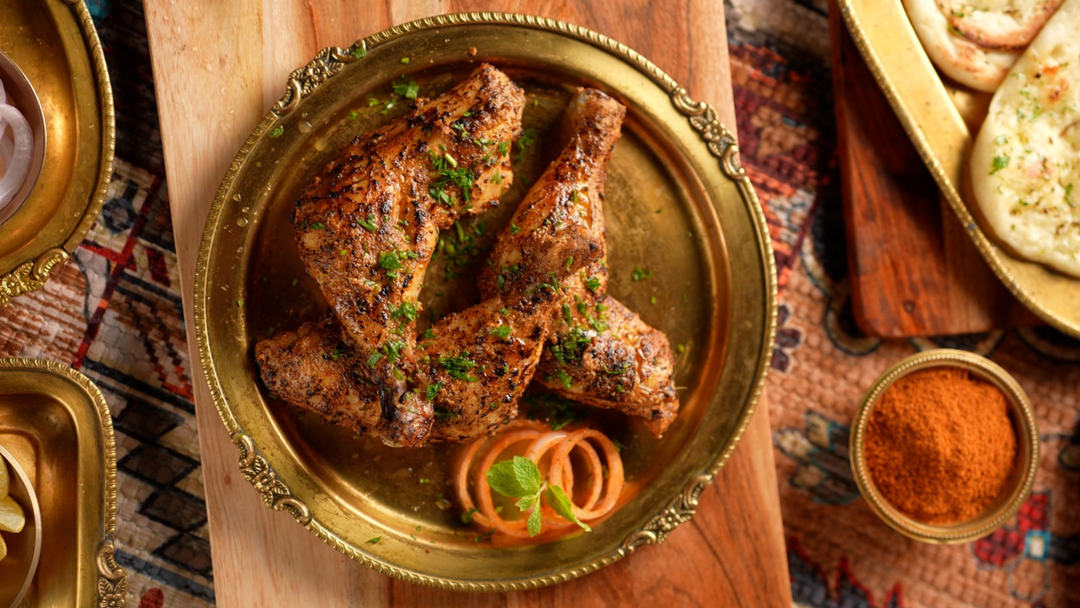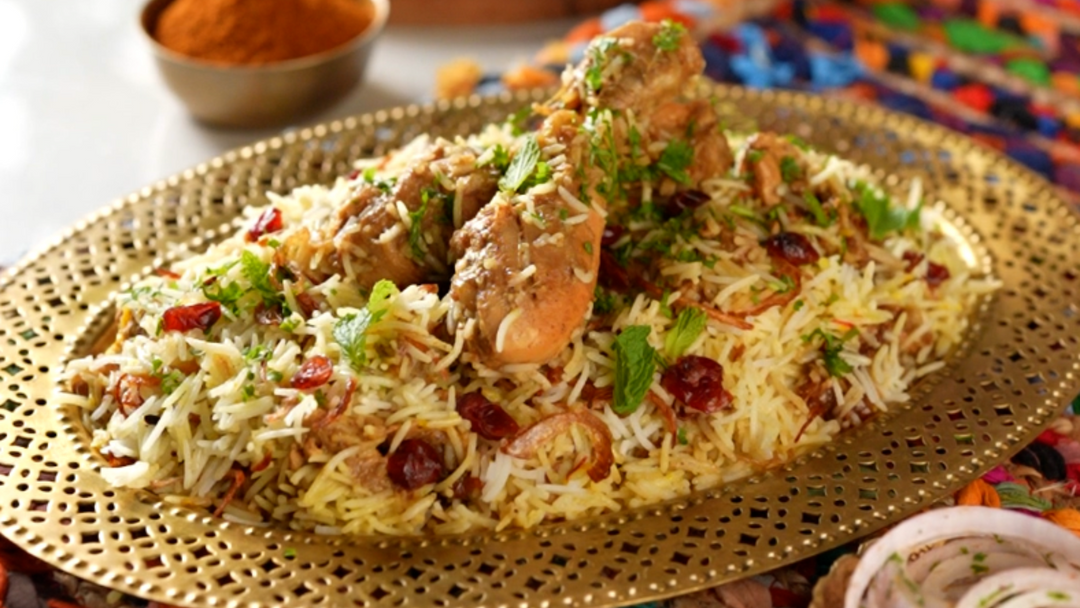Tied With a Thread
A Raksha Bandhan Journal Entry
There’s something unmistakable about the post in August. It arrives tied with string and sealed with scrawled love. The envelope holds a rakhi — a thread of protection — sent across cities, countries, sometimes continents. It may be handmade, embroidered, or beaded.
This ritual of sending — or receiving — a rakhi is a tradition that dates back centuries. Raksha Bandhan (रक्षा बंधन) translates literally to “the bond of protection.” In many parts of India, sisters tie a sacred thread (called a rakhi) on their brothers’ wrists in return for lifelong love, support, and — let’s be honest — a few presents. In return, the brother offers his promise of protection and care.
But it’s more than just a ritual between siblings. Cousins are included too. And over time, Raksha Bandhan has come to symbolise bonds of friendship, chosen family, and mutual respect. Many women tie rakhis on the wrists of those they consider dear — brothers not necessarily by blood, but by bond.
Ritual & Rain
This festival arrives, as it always does, during the Indian monsoon. The air is thick with petrichor and the scent of agarbatti (incense). Mango trees glisten. And across homes, small pujas (prayer ceremonies) are performed. Sisters prepare thalis (trays) with roli (red vermillion powder), chawal (rice grains), sweets, and the rakhi itself. A tikka — a red mark often made with roli and placed on the forehead — is applied before the thread is tied. The brother then gifts the sister something in return — often money, but sometimes jewellery, clothes, or whatever she’s secretly been hinting at all year.
Even in homes far from Delhi or Mumbai or Lucknow, this scene plays out. It might be via a video call, with a virtual thali held up to the camera. Or a rakhi mailed weeks in advance, or couriered at the last minute, tied on by a friend with a smile and a hug. Rakhi, like many Indian festivals, adapts. But its emotional essence — of care, connection, and kinship — remains untouched.
A Sweet That Travels
No Indian festival is complete without something sweet. And Rakhi, being a celebration of bonds, is often marked by mithai — those iconic Indian sweets that symbolise affection, generosity, and tradition.
Pistachios have long held a place in Indian sweets — we’re revisiting a classic fudge-like confection from Mrs Balbir Singh’s 1961 cookbook: Pistachio Barfi.
It’s rich with khoa, coconut, cardamom, and delicate floral notes — and can be finished with silver varq if you wish. The texture is dense yet yielding, and when cut into diamonds or squares, it glints like something ceremonial.
Khoa is dried fresh whole milk, similar to milk solids or ricotta but denser.

Mrs Balbir Singh’s Pistachio Barfi
As featured in Mrs Balbir Singh’s 1961 cookbook — this pistachio barfi draws on her original coconut and khoa-based sweets.
Ingredients:
-
170 g (6 ozs) khoa (dried fresh whole milk)
-
85 g (3 ozs) castor sugar
-
85 g (3 ozs) grated fresh coconut (or desiccated, if necessary)
-
8 green cardamoms
-
3 to 4 drops kewra essence (a fragrant distilled water made from pandanus flowers; rose water can be used as a substitute)
-
A few drops natural green food colouring (optional)
-
60 g (2 ozs) shelled pistachios, ground finely or crushed
-
Silver leaf or edible dried rose petals (optional)
Method:
-
Heat the khoa and grated coconut in a heavy pan, stirring briskly to prevent sticking.
-
Once the mix begins to dry, add sugar and cook until the mixture leaves the sides of the pan.
-
Remove from heat. Add crushed cardamoms, kewra, pistachios, and colouring (if using).
-
Spread onto a greased tray or thali. Press smooth, and let it cool slightly.
-
Once set, cut into diamonds or squares. Decorate with silver leaf if desired.
-
Serve arranged in a traditional pattern — or sneak a piece while still warm.
Whether you're in Delhi, Dubai, or Dulwich — we hope this Raksha Bandhan brings you closer to those you hold dear. May your bonds be strong. Your hearts full. And your barfi, always plentiful.
Here’s to lifelong bonds.
Thread by thread. Memory by memory. Wherever we are.








